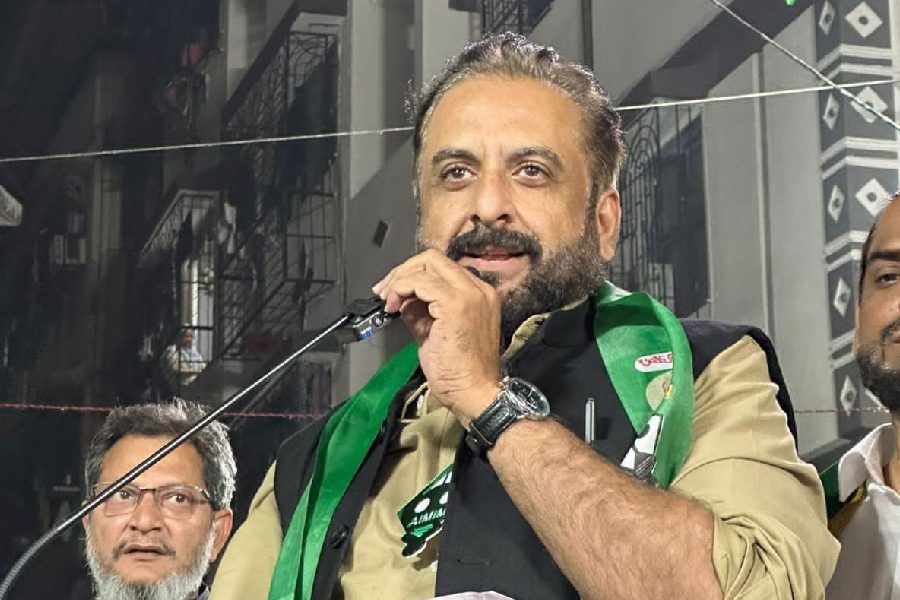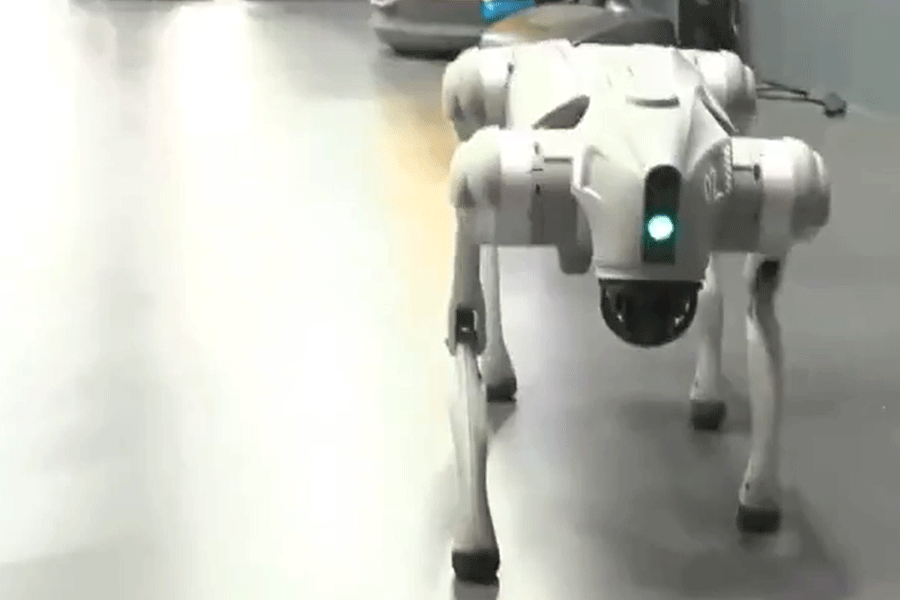 |
 |
| (From top) Baro Duari, one of the gateways to Gour, built around 1425 AD, and Dakhil Darwaza, a 12-door gateway leading to houses where guests of the royals used to stay. Pictures by Surajit Roy |
Malda, Aug. 6: The ancient kingdom of Gour Banga will be the focus of interest for researchers around the world when the university named after it hosts the 71st Indian History Congress in February.
Authorities at Gour Banga University have started the preparations to receive over 2,000 Indian and foreign delegates who will be attending the congress at the institution’s new building from February 11 to 13 next year.
The secretary of the Indian History Congress, Arun Bandyopadhyay, said over the phone from Calcutta that Gour Banga University and Warangal University in Andhra Pradesh had applied to host the programme.
“We found from the letter sent by Gour Banga University that they were very enthusiastic about hosting the congress and given Malda’s hospitality and historicity, we chose it as the venue,” he said.
The last congress was held in Delhi University, he added.
The vice-chancellor of Gour Banga varsity, Gopa Dutta, and registrar Apurba Chakrabarty are the chairperson and the secretary of the organising committee respectively.
“It will be the first time that Malda will hold such a large gathering. We are trying to get President Pratibha Patil to inaugurate the congress and will invite the governor, chief minister and the education ministers as well as prominent personalities from the field of education,” said the registrar.
He said the medieval history of Gour Banga that dates back to 700 AD as well as the cultural aspects of Malda district would be showcased at the event.
 |
| The new building of Gour Banga University under construction in Malda. Picture by Surajit Roy |
Presently, the new building of the university is under construction on a 21-acre plot of land close to Rabindra Bhavan at the entrance of the town. “We have stepped up the pace of work and the building and its auditoriums and lecture theatres will be ready by December. We are determined to host the congress at the new building,” said Chakrabarty.
He added that the delegates would also be taken around the excavation sites scattered in the district. “Just 15km away is the ancient capital of Bengal, Gour, from where the Palas and the Sena kings of Bengal had ruled. Then, there are Adina and Pandua. However, there is no clear picture of the past, as continuing excavations reveal more and more ruins,” said the registrar. He hoped that the event would be an opportunity for the new varsity to attract researchers.
The vice-chancellor said Malda and the adjoining two Dinajpurs were steeped in history and the varsity was an ideal venue for the Congress. “We want to make it a grand success,” said Dutta.
Local historian Kamal Basak said there were many phases in the history of ancient Gour. “The Senas and the Palas reigned from 700 AD to 1,200 AD and there was a period when the Muslim kings ruled their realm from 1203 AD to 1600 AD. In 1987 a Buddhist vihara dating back to the 9th century was also excavated at Jagjibanpur in Habibpur. The history congress will encourage research on what has been largely left unexplored,” said Basak.










